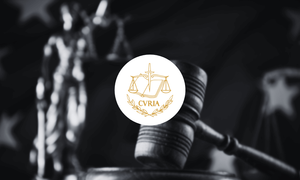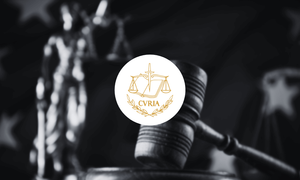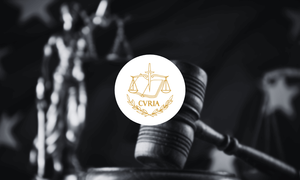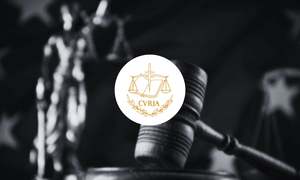Sweden court upholds ~$1m fine: major health data leak and forwarding calls to 🇹🇭
members
–
2 min read
🇸🇪 MedHelp must pay SEK 11,3 million (~$1m) for leaking 2,7 million health-related conversations (of 170 000 hours) online for several years and no legal basis for forwarding call to Thailand.









